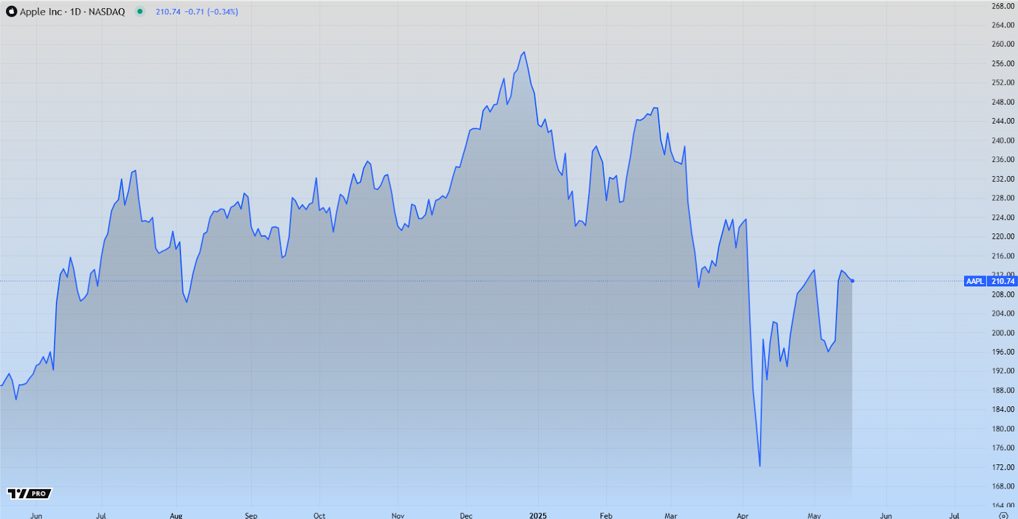Crypto trading scalping can be an effective way to make quick profits by making several trades in a short period of time. However, it is a high-risk strategy, and beginners can easily make mistakes that could lead to significant losses. Here are some common beginner mistakes to avoid when engaging in crypto trading scalping, however, before this you should definitely check out some beginner journey and success story here:

1. Not Having a Trading Plan
One of the most common mistakes that beginner scalpers make is not having a trading plan. Without a trading plan, it is easy to get carried away by market movements and emotions, leading to impulsive decisions and trades. A trading plan should outline entry and exit points, risk management strategies, and profit targets. Having a trading plan will help you to stay disciplined and focused, and reduce the likelihood of making impulsive decisions.
2. Overtrading
Overtrading is another common mistake that beginner scalpers make. Scalping involves making multiple trades in a short period of time, and it can be tempting to make more trades than necessary. However, overtrading can lead to burnout and exhaustion, and can also increase the likelihood of making mistakes. It is essential to stick to your trading plan and only make trades when there is a high probability of success.
3. Focusing Only on Short-Term Gains
Another mistake that beginner scalpers make is focusing only on short-term gains. While scalping can be an effective way to make quick profits, it is important to have a long-term perspective. The crypto market can be volatile, and prices can fluctuate rapidly. It is essential to have a plan for managing risk and to focus on sustainable gains rather than short-term profits.
4. Ignoring Risk Management Strategies
Risk management is crucial in crypto trading, particularly for scalpers. It is essential to have a plan for managing risk and to stick to it. This can include setting stop-loss orders to minimize losses, managing position sizes, and avoiding overleveraging. Ignoring risk management strategies can lead to significant losses, and even wipe out your trading account.
Trading Based on Emotions
Emotions can have a significant impact on trading decisions, particularly for beginner scalpers. Fear, greed, and FOMO (fear of missing out) can lead to impulsive decisions and trades. It is important to stay disciplined and stick to your trading plan, even when emotions are running high. Avoid making trades based on emotions, and instead focus on the fundamentals and technical analysis.
Failing to Conduct Proper Research
Crypto trading scalping requires a deep understanding of the market, including market trends, technical analysis, and other factors that can impact prices. Failing to conduct proper research can lead to making poor trading decisions. It is important to stay up-to-date with the latest news and trends in the crypto market, and to conduct thorough research before making any trades.
Using the Wrong Trading Platform
Choosing the right trading platform is essential for crypto trading scalping. Some trading platforms are better suited for scalping than others. It is important to choose a platform that is fast, reliable, and offers low trading fees. Using the wrong trading platform can lead to missed opportunities, slow execution times, and higher trading fees.
In conclusion, crypto trading scalping can be an effective way to make quick profits in the crypto market. However, it is a high-risk strategy, and beginners can easily make mistakes that could lead to significant losses. By avoiding these common beginner mistakes, including not having a trading plan, overtrading, focusing only on short-term gains, ignoring risk management strategies, trading based on emotions, failing to conduct proper research, and using the wrong trading platform, you can increase your chances of success in crypto trading scalping.




